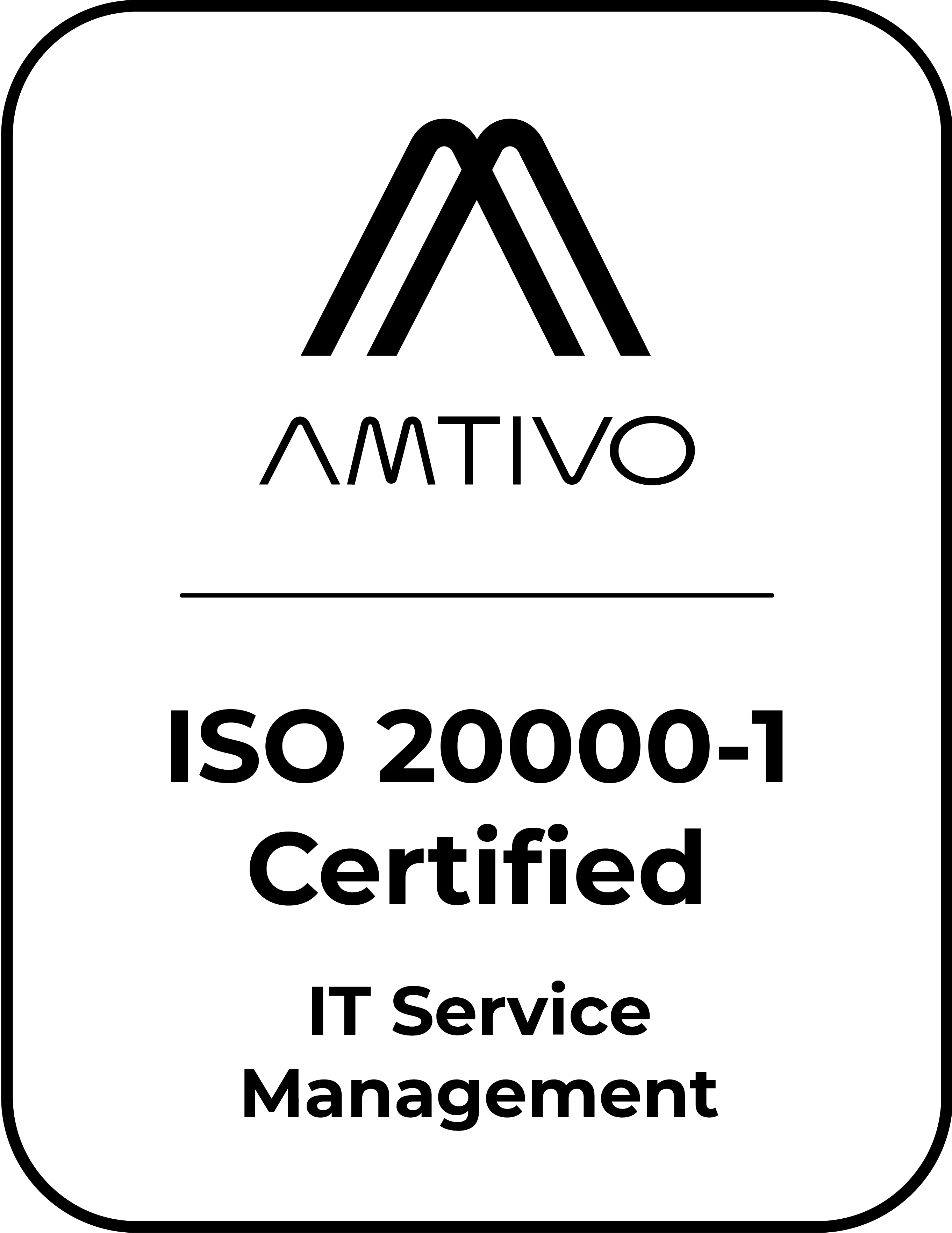US CURRICULUM STANDARDS AND TESTING
The US curriculum sets standardised testing throughout the year to ensure each student is on track. Students are marked on every essay, exam and course they take in each subject through their education. The outcomes are used to calculate a Grade Point Average (GPA) in high school.
Marks given depend on a range of criteria, including a student’s performance in assessments, participation in class discussions, and completion of homework assignments. Students studying the US curriculum are also given report cards twice a year, which evidence their updated grades in each of their subjects.
High schools keep a transcript for each student, which summarises the courses studied, grades attained, and other data relevant to their education. If a student wants to go to college, a copy of their transcript is sent to the provider of their choice. Acceptance into college is influenced by the data on the transcript, along with personal recommendations, achievements outside of school and, in many cases, college aptitude tests. Aptitude tests are set by various independent institutions and are taken in the final two years of high school.















